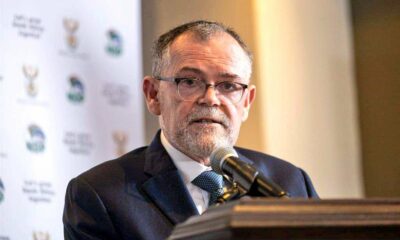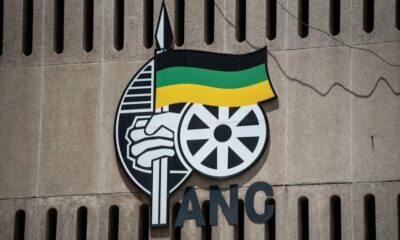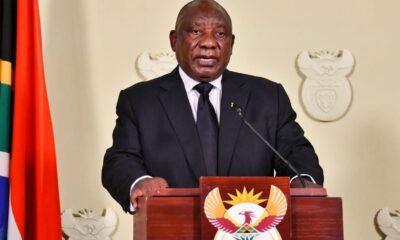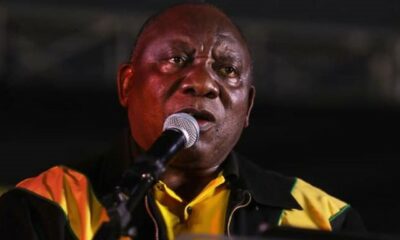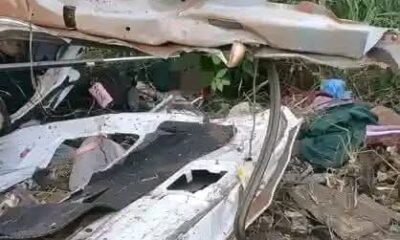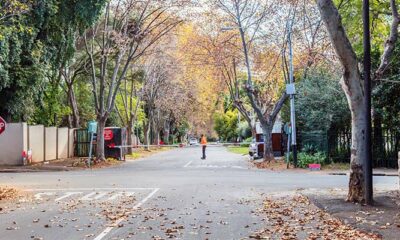News
Silence from the Presidency Deepens Political Killings Task Team Scandal
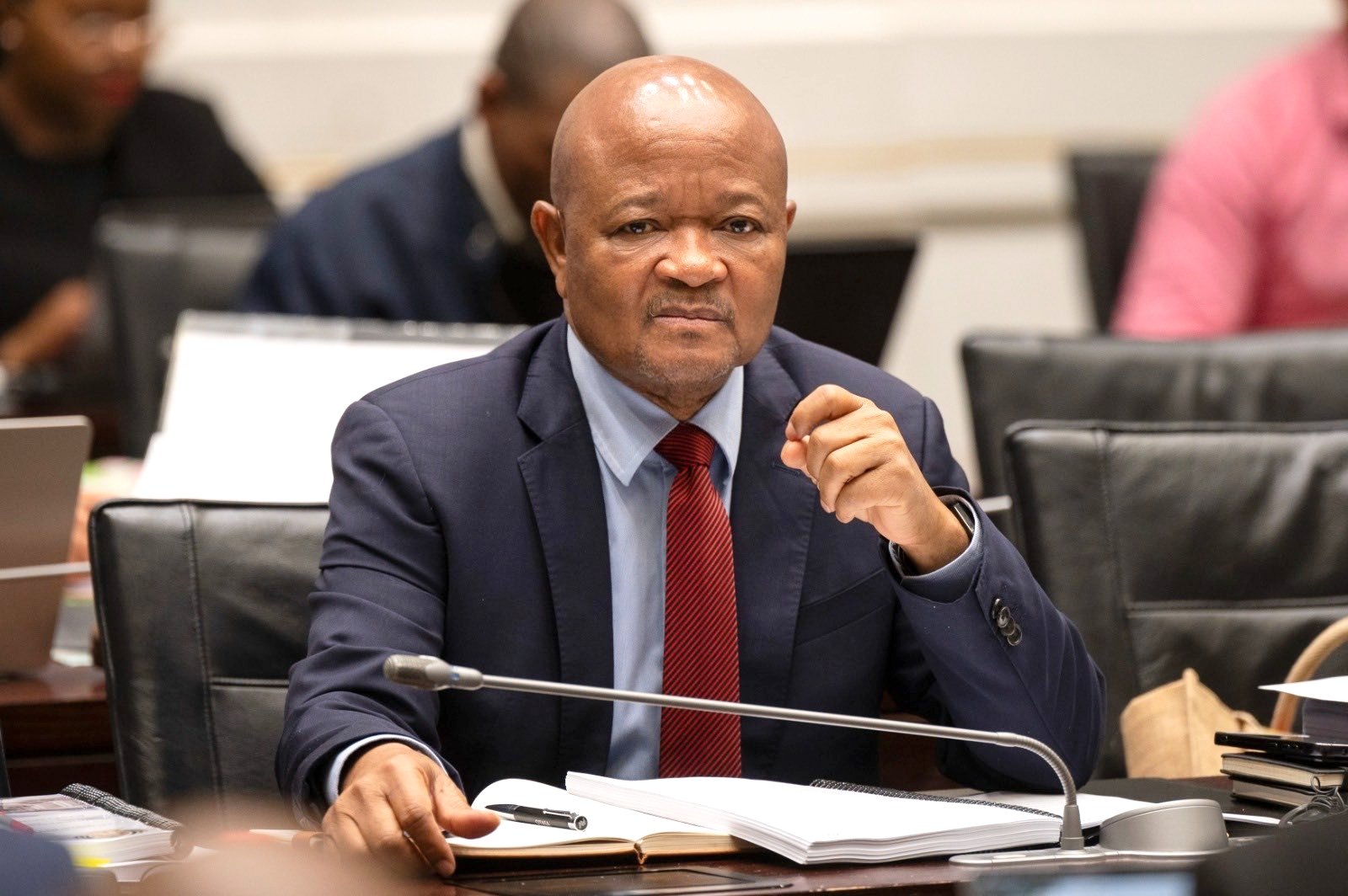
The air in Pretoria is thick with speculation and silence. President Cyril Ramaphosa’s refusal to comment on suspended Police Minister Senzo Mchunu’s bombshell testimony about the disbandment of the Political Killings Task Team (PKTT) has set tongues wagging in political and security circles alike.
Mchunu’s claim that Ramaphosa “agreed” with the decision to shut down the specialist unit, which investigates politically motivated murders, especially in KwaZulu-Natal, has now taken centre stage in a growing national controversy that blurs the line between politics and policing.
A Clash Between Politics and Policing
Criminologist Dr Simon Howell believes the implications are serious. “If Mchunu’s claim is true, it suggests a level of political interference in operational policing,” Howell told reporters. “Only the police commissioner can make such calls, ministers generally deal with policy, not operations.”
The PKTT, originally formed to counter KwaZulu-Natal’s deeply entrenched political violence, was a crucial weapon in the fight against corruption-linked killings. Its sudden dissolution in December 2024 sparked outrage and suspicion, across the country.
Mchunu, however, has denied any wrongdoing. He maintains that his actions were transparent and briefed to the president. His version of events is now under scrutiny by both Parliament’s Ad Hoc Committee and the Madlanga Commission of Inquiry, which is investigating allegations of criminal infiltration and corruption within the criminal justice system.
A Presidency That Won’t Comment
When Mchunu told MPs last week that he had informed Ramaphosa about disbanding the PKTT, many expected the Presidency to swiftly confirm or deny the claim. Instead, silence.
Ramaphosa’s spokesperson declined to comment, even as public confidence in the police system wavers.
In a previous statement, when establishing the Madlanga Commission in July, Ramaphosa had said:
“These allegations, if proven true, threaten to undermine the confidence of South Africans in the police’s ability to protect them and fight crime.”
Yet his refusal to address whether he personally approved the disbandment is now fuelling speculation that the Presidency may be playing for time while the inquiry runs its course.
Voices from the Frontline
Former Western Cape police commissioner Dr Lennit Max offered a pragmatic reading of Mchunu’s testimony:
“If you look at his words carefully, it sounds like Mchunu didn’t seek permission from the president, he only informed him after making the decision. That’s a very different thing.”
Max suggested that Mchunu may have acted unilaterally and only looped in the president once he realised the potential political fallout.
He added that while Mchunu cited financial inefficiencies in the PKTT, proper protocol wasn’t followed. “According to Mkwanazi and Masemola’s evidence, Mchunu never even attended briefing sessions about the task team,” Max said. “Without insight into how it worked, how could he fairly judge its performance?”
Reinstatement and Renewed Progress
Following public outcry and institutional pressure, the PKTT was reinstated earlier this year, and sources within the South African Police Service (SAPS) say the unit has already made “several breakthroughs.” Many of the case dockets previously removed from KwaZulu-Natal and stored in Pretoria have since been returned, leading to fresh progress in long-stalled investigations.
For residents of KZN, where political killings remain a grim feature of local politics the team’s return has restored a degree of faith in law enforcement.
Public Reaction and the Bigger Picture
On social media, public sentiment is split. Some users have rallied behind Ramaphosa’s decision to remain silent until the Madlanga Commission completes its work, calling it a show of respect for due process. Others see the silence as a tactic, a way to avoid accountability until the controversy dies down.
The bigger question lingers: If the president knew about the disbandment, why didn’t he stop it? And if he didn’t, what does that say about the internal communication or control, within his own cabinet?
The Madlanga Commission’s findings, expected later this year, could shape the future of policing oversight and political accountability in South Africa.
Until then, the country watches, uneasily as one of its most critical law enforcement controversies unfolds in silence at the very top.
{Source: IOL}
Follow Joburg ETC on Facebook, Twitter , TikTok and Instagram
For more News in Johannesburg, visit joburgetc.com

